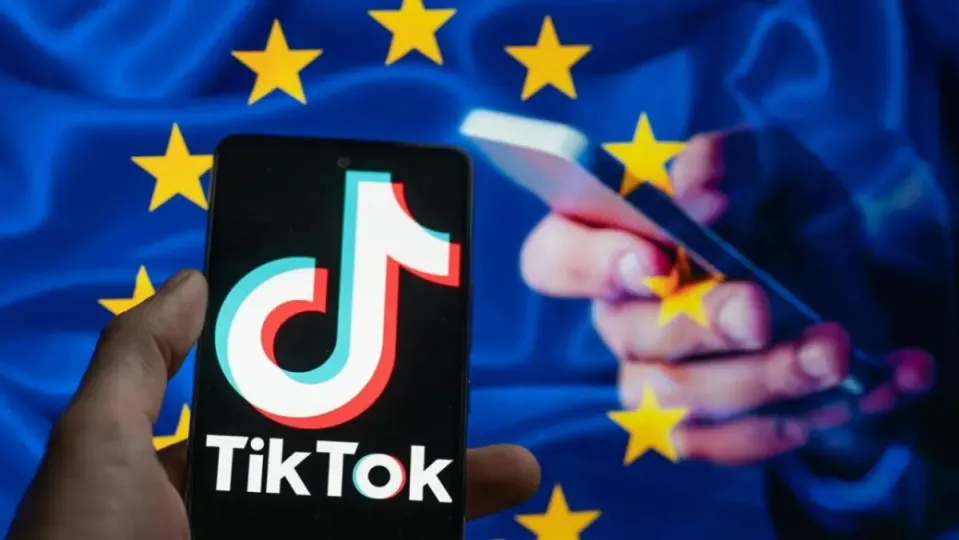TikTok, one of the applications with the highest volume of daily publications currently, has announced that it will tackle the problem of fake news head-on during the campaign period for the European Parliament elections. With this, the company wants to make clear its commitment to healthy digital environments free from dangerous and harmful campaigns for the common good.
Fake news, one of the biggest scourges of today’s society, have been a problem for over a decade. The digitization of information, the rapid dissemination of information through users, faster than press verification tools or social networks, has created a space where these types of practices have become common and dangerous. Therefore, TikTok will try to avoid it as much as possible in the European elections.
TikTok doesn’t want fake news
In the official announcement from TikTok, on their official blog, it is explained that the company is already preparing specifically for this and has the qualified personnel to effectively filter this content. In fact, the company boasts that there are over 6,000 active moderators in Europe, and that during these elections, each EU country will have a center in their language where they will focus on moderating this type of content.
With this, TikTok highlights five points that they will focus on:
- Removing misleading information to avoid polluting the TikTok feed.
- Fact-checking potentially misleading information to prevent misinformation.
- Monitoring media bias, as many of them, with partisan interests, may share deceptive content.
- Suppressing fake images created with AI, which have spread widely in the last year.
- Preventing agitator speeches against groups, individuals, or collectives from spreading on the network.
Social media and content dissemination
There are many social networks that are currently used daily by millions of people. In fact, there are other services like Facebook, Instagram or X (Twitter) that also suffer from a similar and much more prolonged problem over time with the issue of fake news. When Donald Trump won the US elections in 2016, Mark Zuckerberg was accused of allowing unfair campaigns in favor of the Republican Party during those elections, which was one of the most serious crises that Facebook had as a social network in terms of prestige.
Nowadays it is not easy to stop the amount of lies and fake news that are spread through social media. In fact, there are many opinion leaders who, despite receiving constant complaints and condemnations for fake news, are cheered on by followers who, blinded by personal political interests, share this type of misleading content without hesitation.


